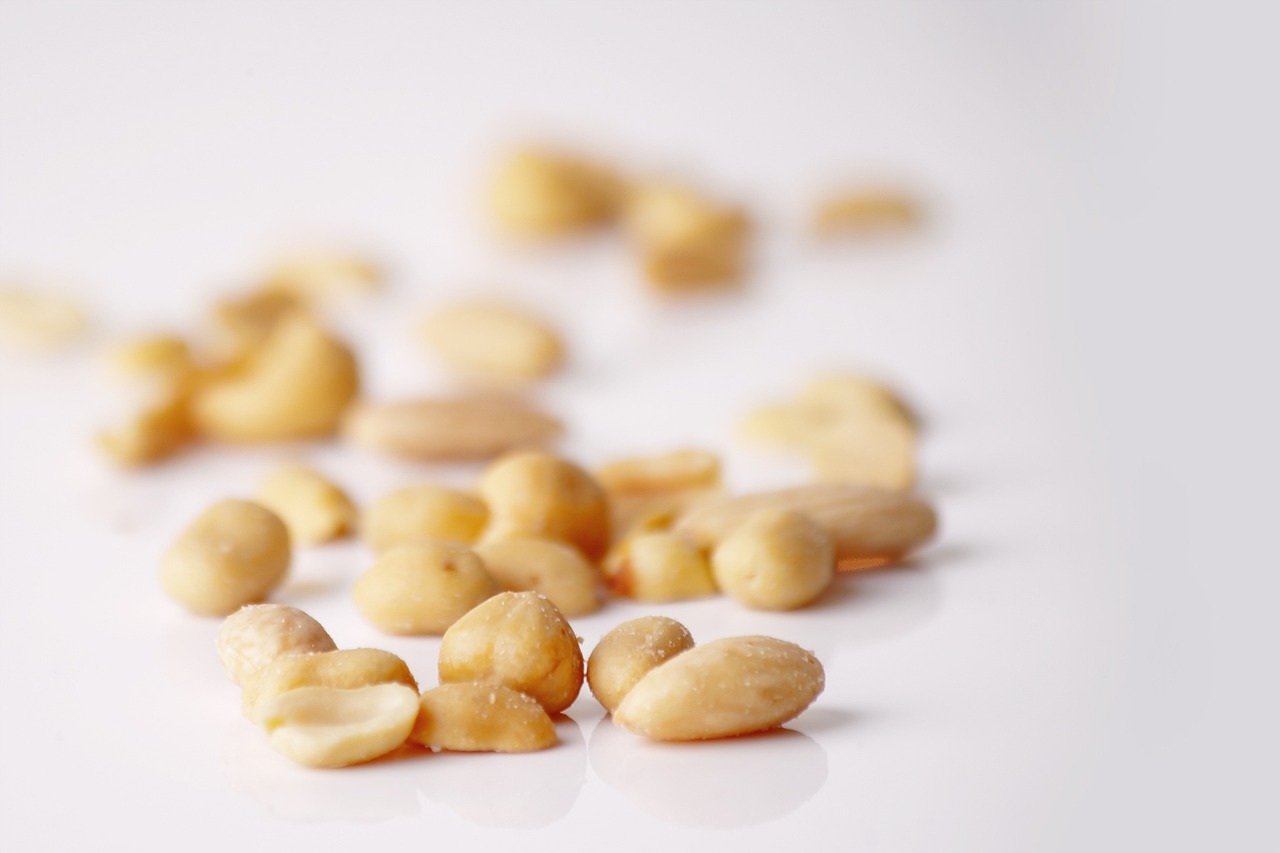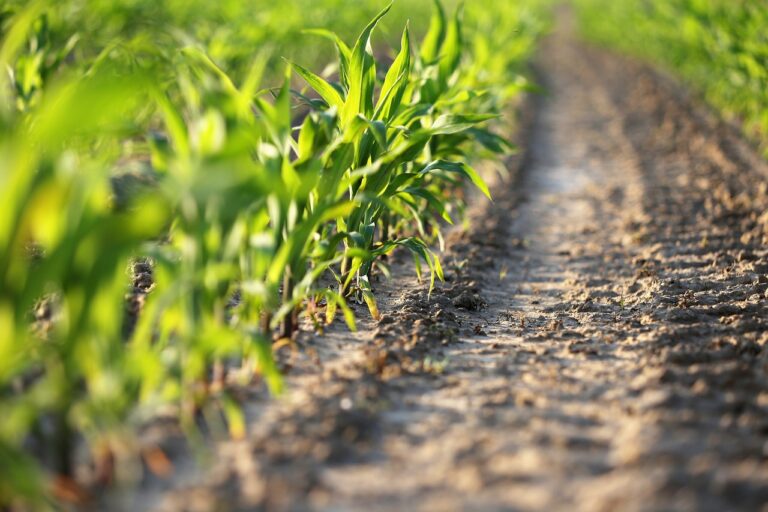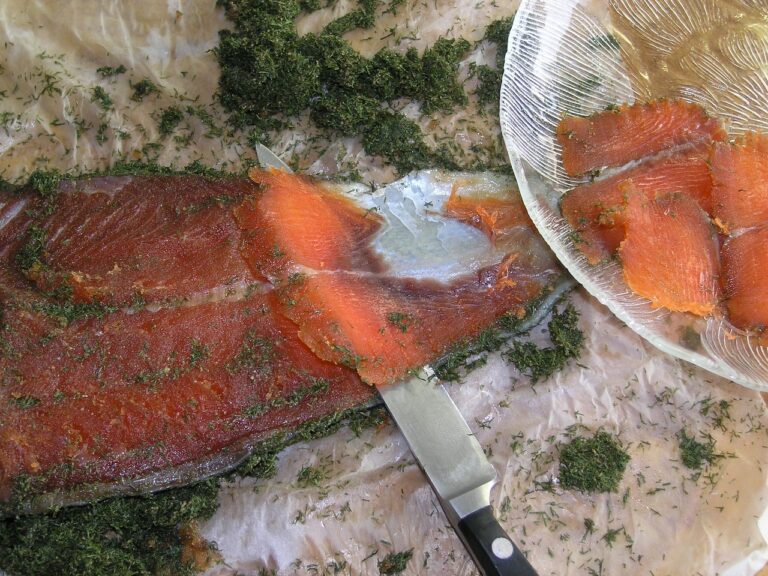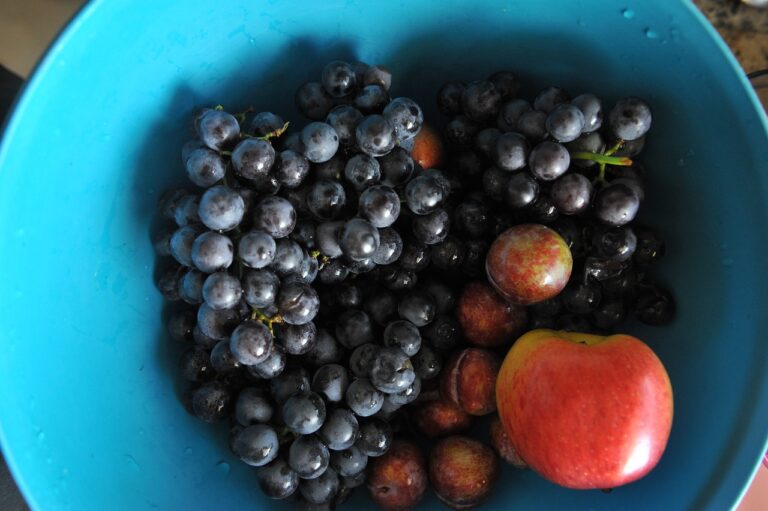Investigating the Health Effects of Food Contaminants in Grains: Allpaanel exchange, Lotus365, Laserbook247 id
allpaanel exchange, lotus365, laserbook247 id: Food contaminants in grains can have a severe impact on human health. These contaminants can range from harmful chemicals and pesticides to mold and bacteria, all of which can cause a variety of health issues if consumed.
Investigating the health effects of food contaminants in grains is essential for ensuring the safety of the food supply and protecting public health. In this article, we will delve into the various types of contaminants found in grains, their health effects, and how to mitigate the risks associated with them.
Types of Food Contaminants in Grains
Grains are a staple food source for billions of people worldwide, making it crucial to understand the potential contaminants that can be found in them. Some common types of contaminants in grains include:
1. Pesticides: Pesticides are chemicals used to control pests and diseases in crops. While they can increase crop yield and quality, overuse or misuse of pesticides can result in residues in grains that can be harmful to human health.
2. Mycotoxins: Mycotoxins are toxic compounds produced by molds that grow on grains. These toxins can have serious health effects, including liver damage, kidney damage, and cancer, if consumed in large quantities.
3. Heavy metals: Heavy metals such as lead, cadmium, and mercury can contaminate grains through the soil or water they are grown in. Long-term exposure to heavy metals can lead to a range of health problems, including neurological issues and organ damage.
4. Bacteria and pathogens: Grains can also be contaminated with harmful bacteria such as Salmonella and E. coli, which can cause foodborne illnesses when consumed.
Health Effects of Food Contaminants in Grains
The health effects of food contaminants in grains can vary depending on the type and level of contamination. Some potential health effects include:
1. Acute poisoning: Consuming grains contaminated with high levels of pesticides or mycotoxins can cause acute poisoning, leading to symptoms such as nausea, vomiting, and diarrhea.
2. Chronic health issues: Long-term exposure to low levels of contaminants in grains can result in chronic health issues such as cancer, kidney damage, and reproductive problems.
3. Foodborne illnesses: Consuming grains contaminated with bacteria or pathogens can lead to foodborne illnesses, causing symptoms such as fever, stomach cramps, and diarrhea.
Mitigating the Risks of Food Contaminants in Grains
There are several steps that can be taken to mitigate the risks associated with food contaminants in grains:
1. Buy organic: Organic grains are grown without the use of synthetic pesticides and fertilizers, reducing the risk of pesticide residues in the final product.
2. Proper storage: Grains should be stored in a cool, dry place to prevent mold growth and contamination by insects or rodents.
3. Wash grains: Before cooking or consuming grains, they should be thoroughly washed to remove any potential contaminants on the surface.
4. Monitor food safety standards: Governments and regulatory bodies should monitor and enforce food safety standards to ensure that grains meet acceptable levels of contamination.
Investigating the health effects of food contaminants in grains is crucial for protecting public health and ensuring the safety of the food supply. By understanding the types of contaminants that can be found in grains, their health effects, and how to mitigate the risks associated with them, we can work towards a safer and healthier food system for all.
FAQs
Q: Are all grains prone to contamination?
A: While all grains have the potential to be contaminated, certain grains such as rice and wheat are more prone to contamination due to their growing conditions and storage practices.
Q: How can consumers protect themselves from contaminated grains?
A: Consumers can protect themselves by purchasing organic grains, washing grains before consumption, and being aware of food safety standards and regulations.
Q: What should I do if I suspect that the grains I have purchased are contaminated?
A: If you suspect that the grains you have purchased are contaminated, you should stop consuming them immediately and contact the manufacturer or retailer for further guidance.







